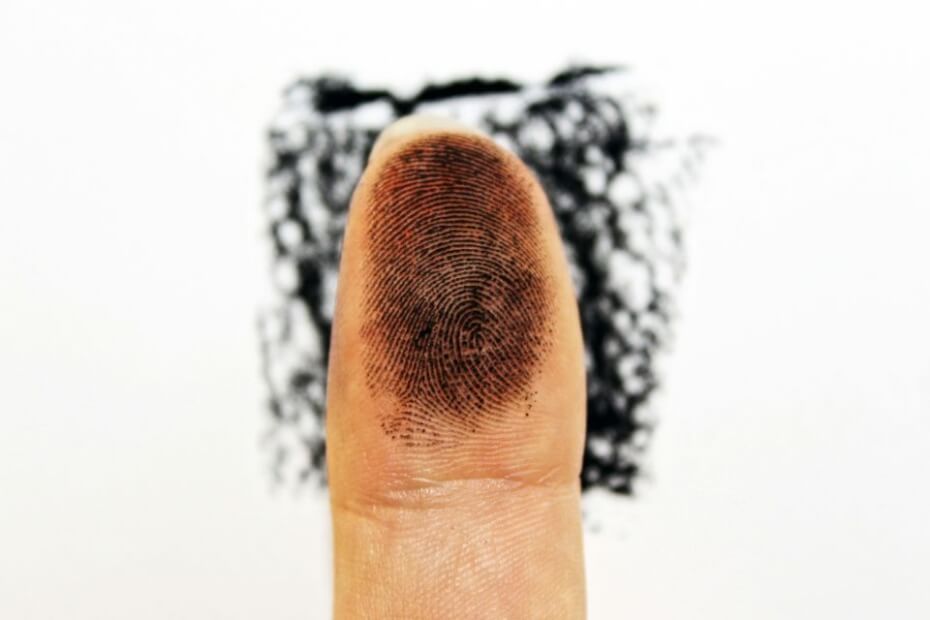
The upcoming travel changes in the European Union (EU) urge citizens of the United Kingdom (UK) living in Cyprus to get biometric residence cards.
The change primarily affects those holding “yellow slips,” a residency document issued before the UK left the EU in 2020.
Cyprus is part of the EU but one of the two Member States technically not part of the Schengen Area.
The Cypriot Government-issued yellow slips had previously allowed easy travel across Europe for UK nationals.
However, according to The Cyprus Mail, the pre-Brexit residency document will no longer be enough to streamline their travel.
New EU border checks: EES and ETIAS
There are two significant changes in the EU border check systems: the European Travel Information and Authorization System (ETIAS) and the Entry/Exit System (EES).
These news systems will significantly change how the EU monitors third-country nationals entering the EU and the Schengen Area.
The EES is a new automated system that records the entry and exit of non-EU nationals in the Schengen Area using biometric data.
The ETIAS, on the other hand, will require non-visa travelers to apply for and receive travel authorization before their EU trip.
The EES will go live in November 2024, while the ETIAS will launch around mid-2025.
British nationals, who were considered non-EU citizens after Brexit in 2020, must comply with the new EU border checks.
Only those with valid long-stay visas and residence permits issued by EU Member States are exempted from the EES and the ETIAS.
Yellow slips versus biometric residence cards

Since 2002, the EU has required all residence permits for non-EU citizens to be biometric.
While some EU countries proactively upgraded their residency documents after Brexit, Cyprus did not.
Instead, UK nationals living in Cyprus still hold yellow slips, which were previously a symbol of free movement rights.
A yellow slip is an A4-sized certificate of residency document. Due to its size and make, it can be annoying to carry and can be easily torn.
On the other hand, a biometric residence card is a modern residence permit that contains personal and biometric data, including photos and fingerprints.
Biometric cards comply with the EU’s strict residency regulations and are recognized across the bloc.
The European Commission confirmed that pre-Brexit yellow slips do not meet the new residency regulations.
According to EU laws, only those with biometric residence permits will be exempt from ETIAS requirements.
This is regardless of whether the yellow slips are still valid in the EU state that issued it.
How to upgrade yellow slips to biometric residency cards
Upgrading from yellow slips to biometric residence cards is similar to applying for a new identification (ID) card.
UK nationals living in Cyprus must visit an immigration office, have their photographs and fingerprints taken, and pay a fee.
Additionally, the new biometric residence cards will have expiration dates, and holders must renew them each time they expire.
Due to the cumbersome bureaucratic process, some British nationals in Cyprus are wary of upgrading from yellow slips to biometric residence cards.
Those who went through a complex process to obtain yellow slips must now revisit immigration offices to submit biometric data.
Moreover, many non-EU Cyprus residents see the €30 cost of the new card as an inconvenience, though not excessive.
Upgrading yellow slips to biometric residence cards is not yet mandatory for all non-EU citizens living in Cyprus.
However, the benefits of a biometric residence card will soon outweigh the hassle of going through the new EU border checks.
British nationals living in Cyprus who do not upgrade their yellow slips to biometric residence cards could face a more strenuous process.
To visit the EU, they need to get an ETIAS authorization by completing an online form, paying a €7 application fee, and getting advance travel approval.
The process seems simple, but it’s still an added requirement that Brits living in the EU won’t need if they have biometric residence cards.
Moreover, the upcoming EES will digitally track non-EU nationals without proper EU residence permits, making border crossings stricter.
Travelers who overstay or fail to comply with the new systems could face penalties, including fines or being barred from re-entering the EU.
What to expect in future EU travels

The nearing launch of the EES and the ETIAS gives the Cyprus Government a limited time to facilitate the shift to biometric residence permits.
It had already introduced the biometric card option in anticipation of these changes.
However, little public information about it has led to confusion among some UK nationals living in Cyprus.
The British High Commission has also advised citizens to check their residency status and stay informed.
It urged UK citizens to “ensure they have the correct documents to avoid being caught out by the new EU travel rules.”
The Cypriot migration authorities will likely see a surge in applications as the deadline approaches.
UK citizens are advised to begin the process as early as possible to avoid long waits or delays.

